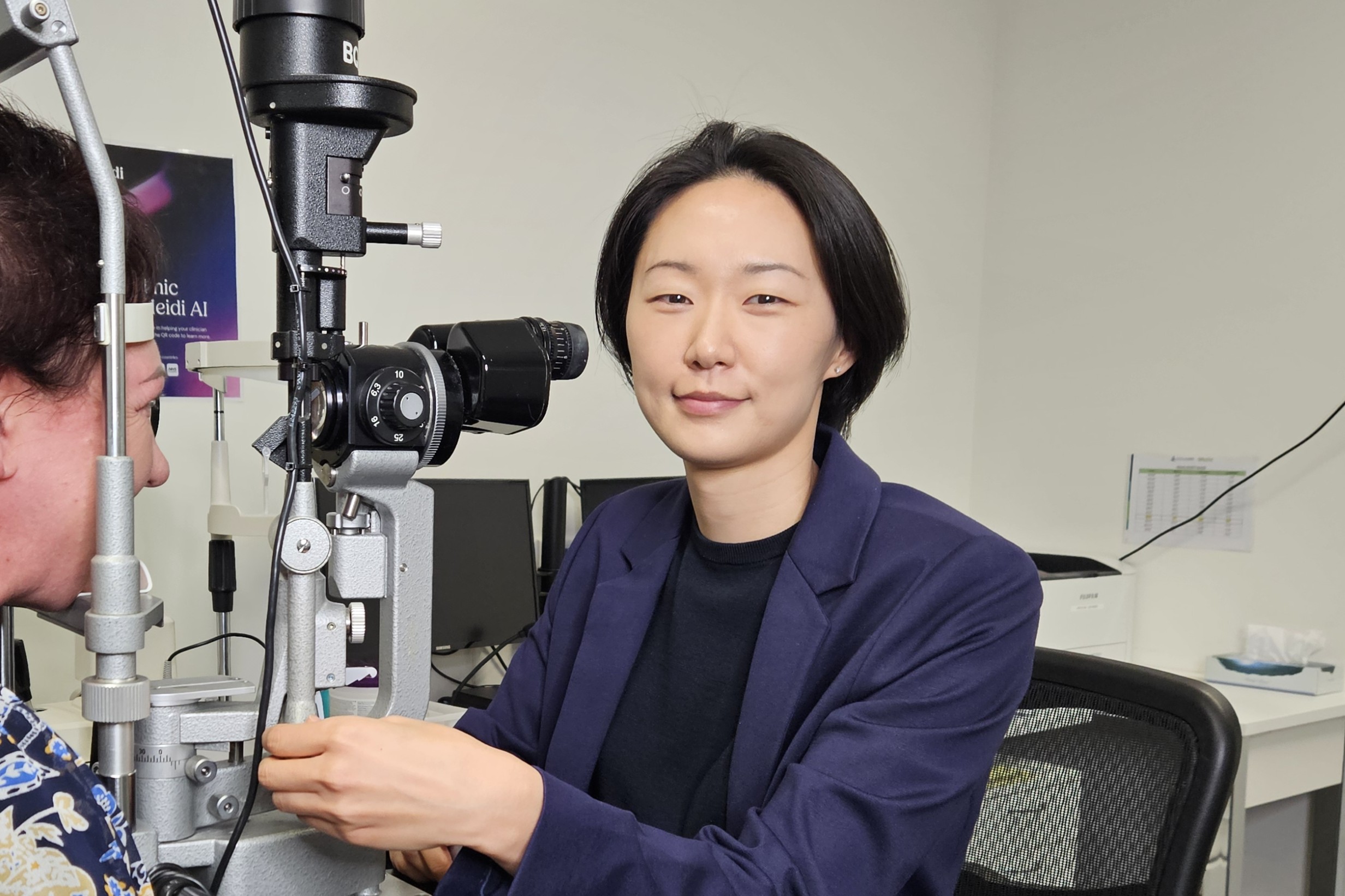Genetic variant masks men’s diabetes
UK researchers discovered an undiagnosed genetic condition common in men of African, Asian, Middle Eastern and Mediterranean ancestry may delay type 2 diabetes diagnosis and increase complication risk.
Published in Diabetes Care, the population-based study from the University of Exeter and Queen Mary University of London analysed health and genetic data from over 500,000 people. They examined the impact of glucose-6-phosphate dehydrogenase (G6PD) deficiency, an inherited enzyme variant affecting around one in seven Black and one in 63 Asian men.
Researchers found men with G6PD deficiency were diagnosed with diabetes about four years later than those without the variant, with carriers’ mean HbA1c readings up to 6mmol/mol (0.5%) lower than non-carriers, despite similar blood glucose levels. Lower mean HbA1c values in G6PD carriers also falsely underestimated their 10‐year diabetes risk, they said. This diagnostic lag may contribute to higher rates of microvascular complications such as retinopathy and kidney disease in these populations, said researchers.
Lead author Professor Inês Barroso emphasised the need to incorporate genotype-informed screening thresholds, with routine recognition of G6PD status potentially reducing missed or delayed diagnoses in high-prevalence groups.
























